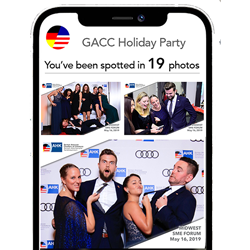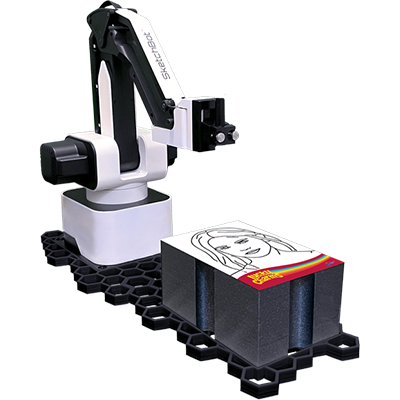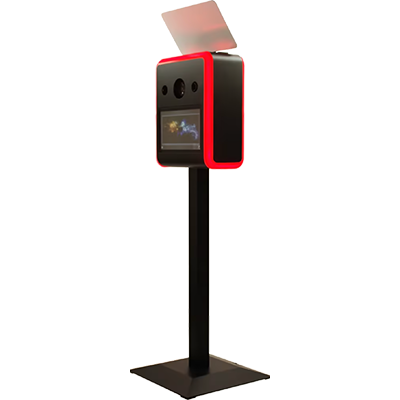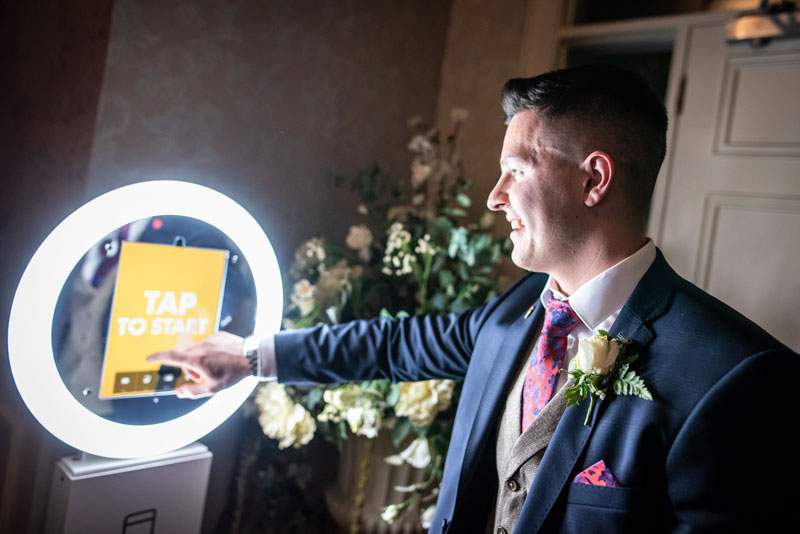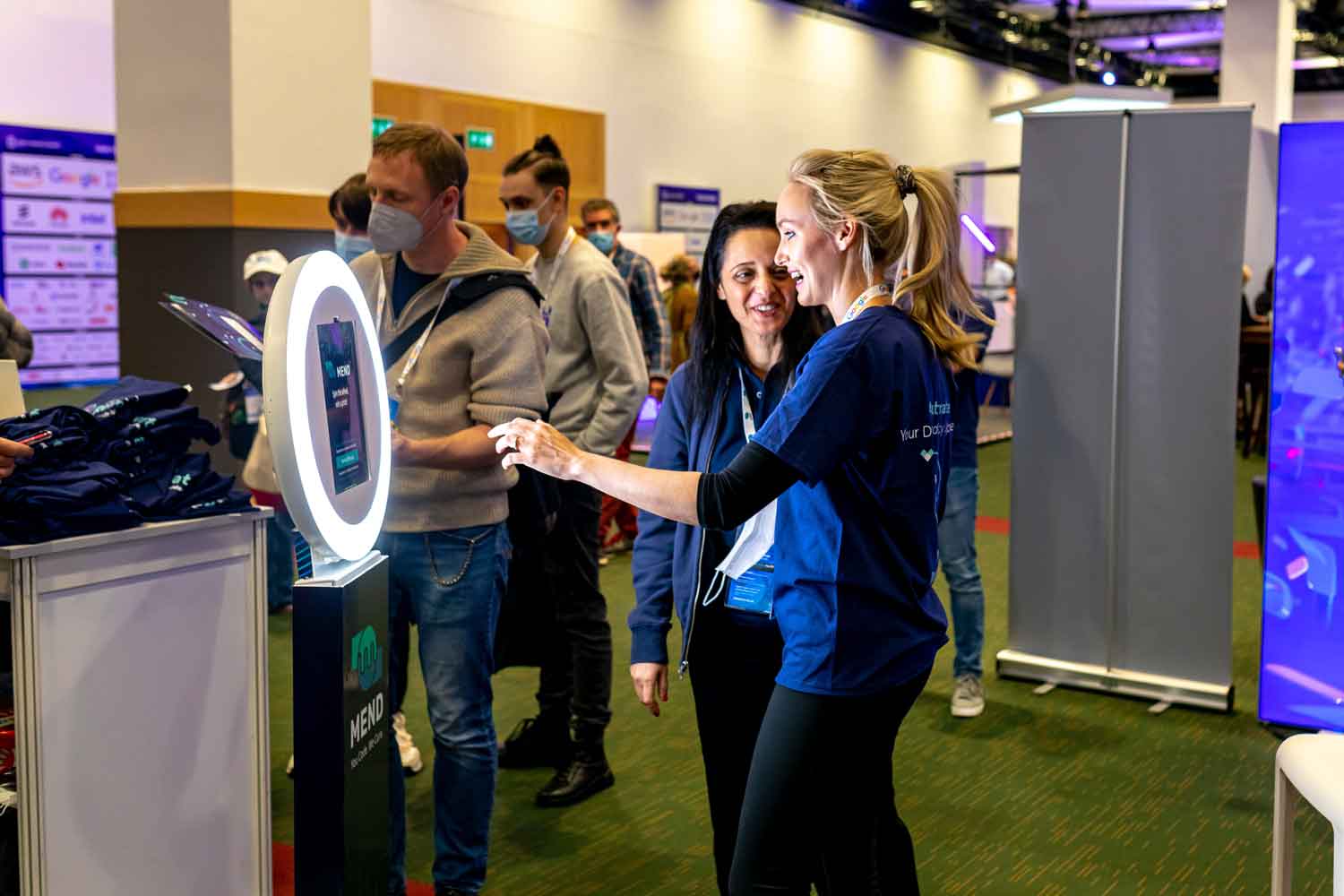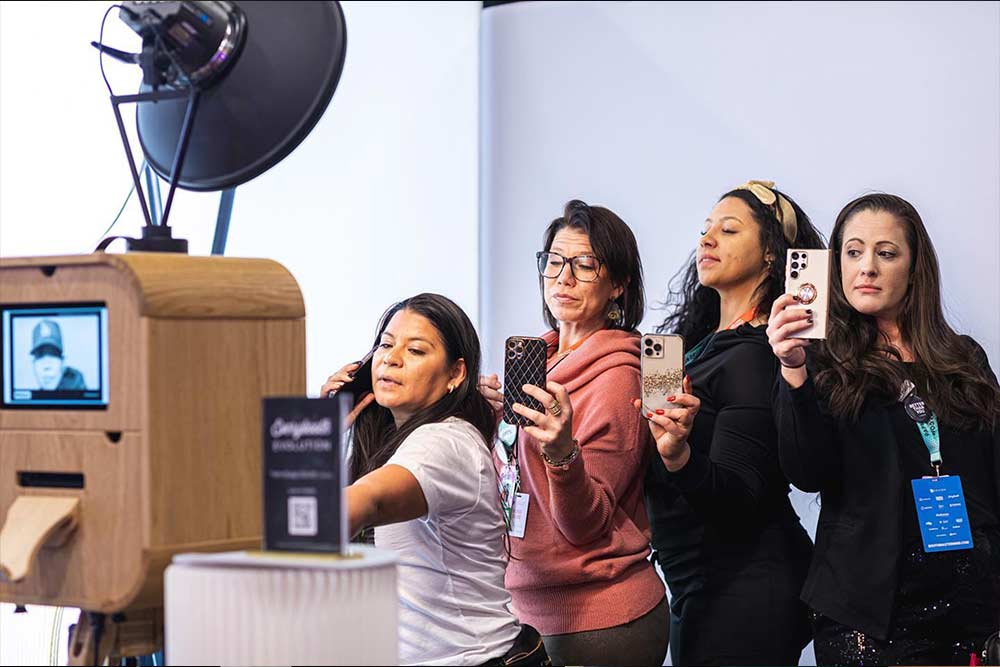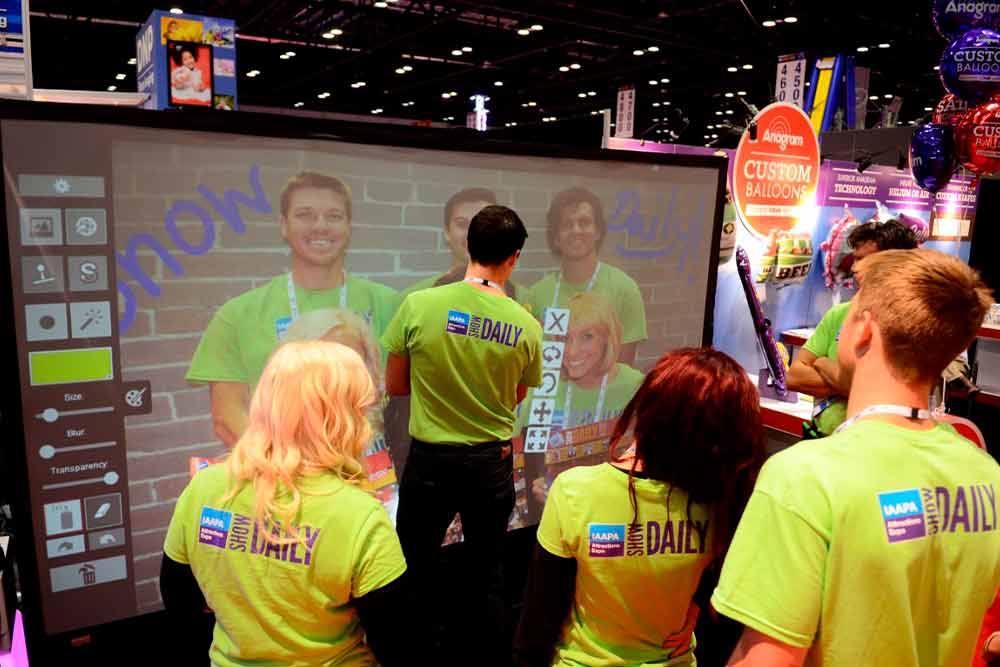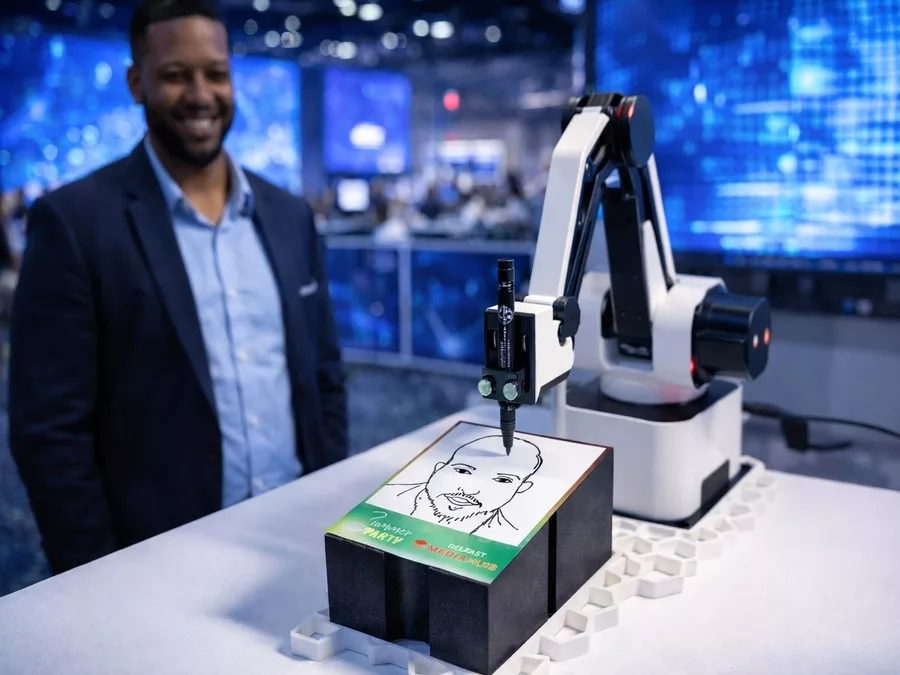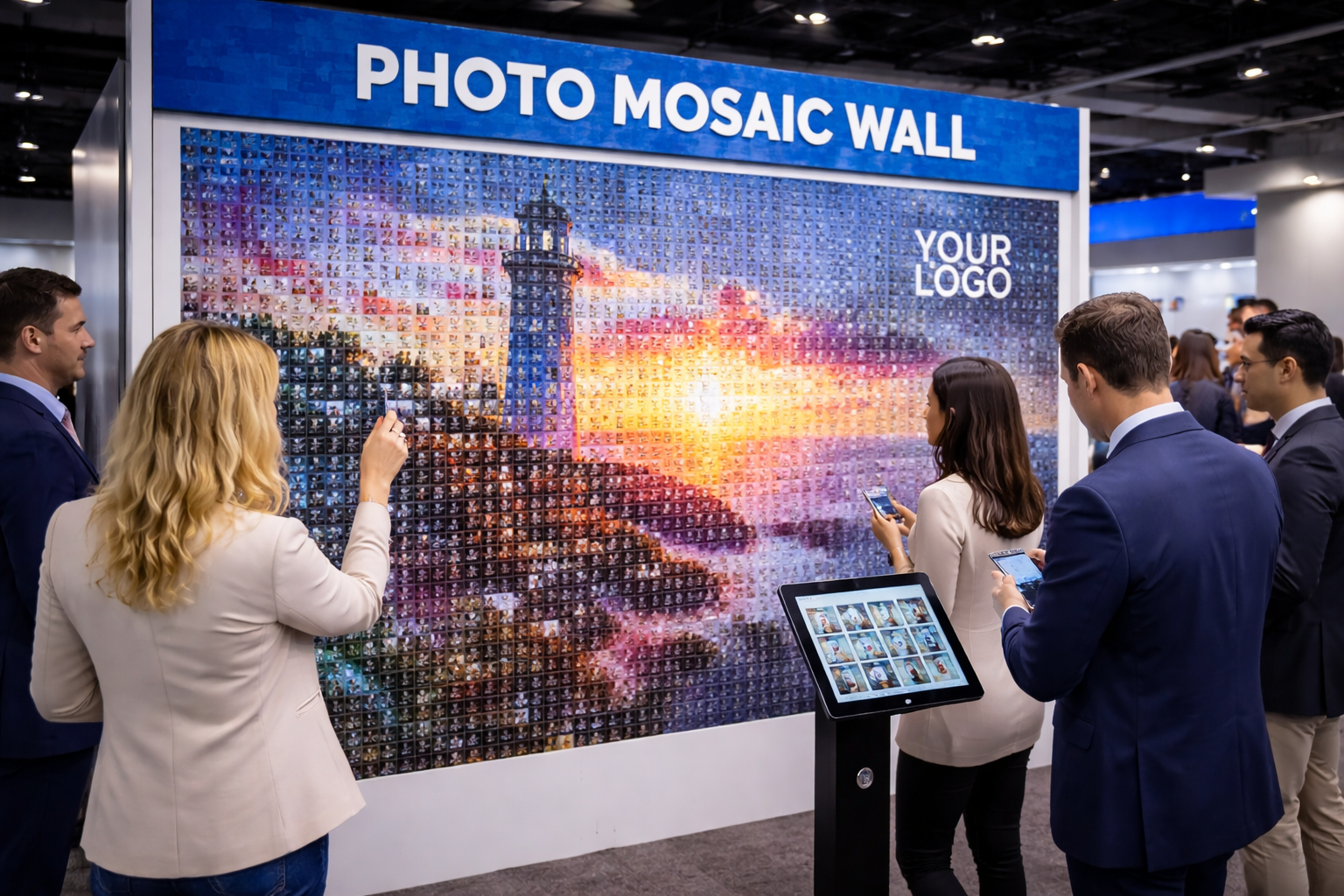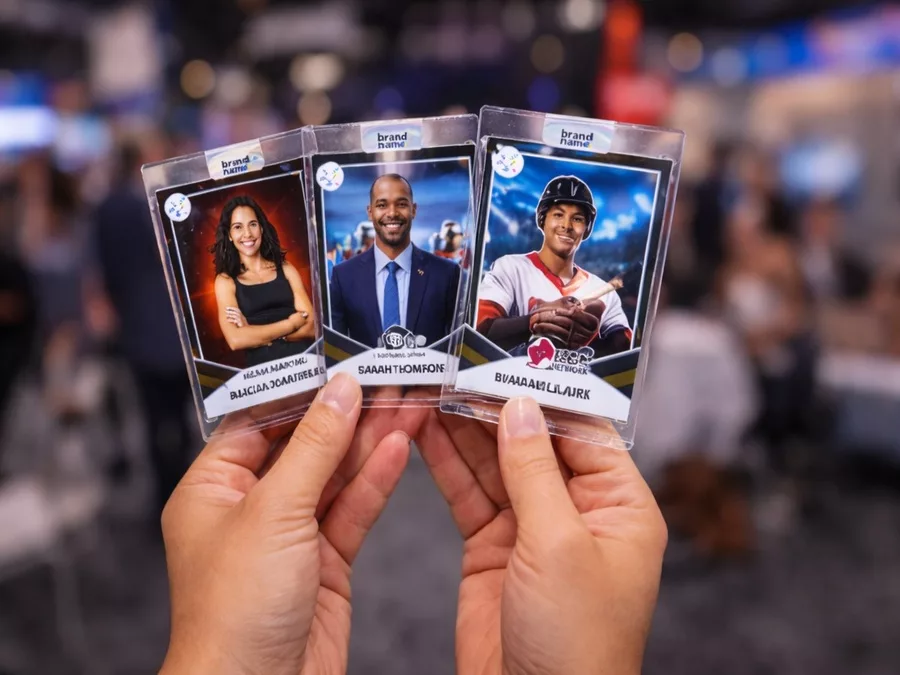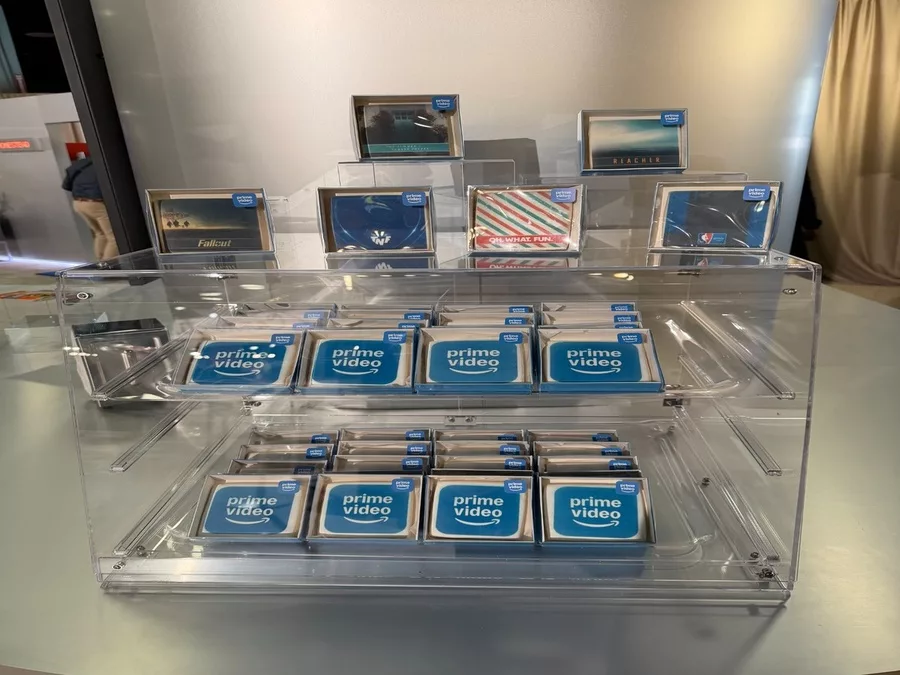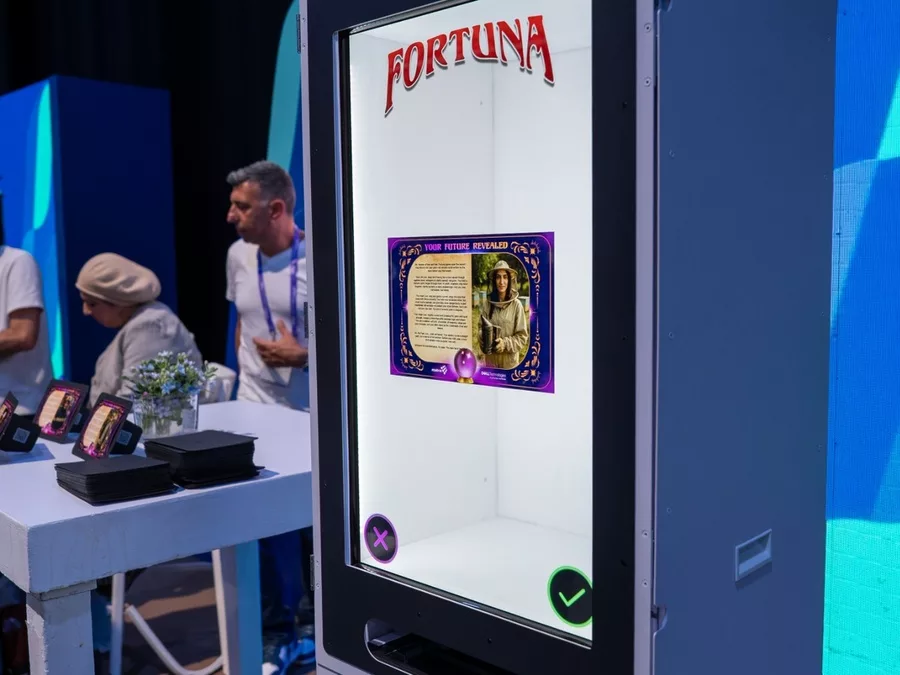Insights and Lessons Learned from Real-Life Experiences
Planning a corporate event involves careful consideration of various factors to ensure its success. Drawing from personal experience, this comprehensive blog post will share insights and lessons learned from organizing corporate events, and provide practical scenarios.

Understanding Client Objectives
The first step in planning a corporate event is understanding the client’s goals and objectives. Clear communication and alignment with the client’s vision are crucial. For instance, a tech company launching a new product may aim to create an engaging and memorable experience for employees, partners, and clients.
Creative Planning and Themes
Creative planning involves brainstorming themes, activities, and elements that align with the event’s objectives. Themed events often leave a lasting impression on attendees. For example, a “Future of Technology” theme can resonate well with a tech product launch.
Logistics and Coordination
Effective logistics management is crucial for corporate events. This includes coordinating with vendors, managing timelines, and ensuring all elements come together seamlessly on the event day. Detailed planning and a well-structured timeline are essential.
Budget Management
Effective budget management ensures that resources are maximized without compromising quality. Setting a realistic budget, tracking expenses, and finding cost-saving opportunities are vital steps.
Marketing and Promotion
Marketing and promotion are critical to attracting attendees and generating buzz around the event. Utilizing social media such as Facebook and Instagram, email marketing, and partnerships can significantly enhance event visibility.
Post-Event Evaluation and Feedback
Post-event evaluation and gathering feedback from attendees and clients are essential for continuous improvement. Analyzing what worked, what didn’t, and how the event met its objectives provides valuable insights for future events.
Conclusion
Planning a successful corporate event involves a combination of clear communication, meticulous planning, and continuous improvement. By understanding client objectives, managing logistics, tracking budgets, and incorporating innovative elements like photo booths, event planners can create memorable experiences that achieve their goals.



